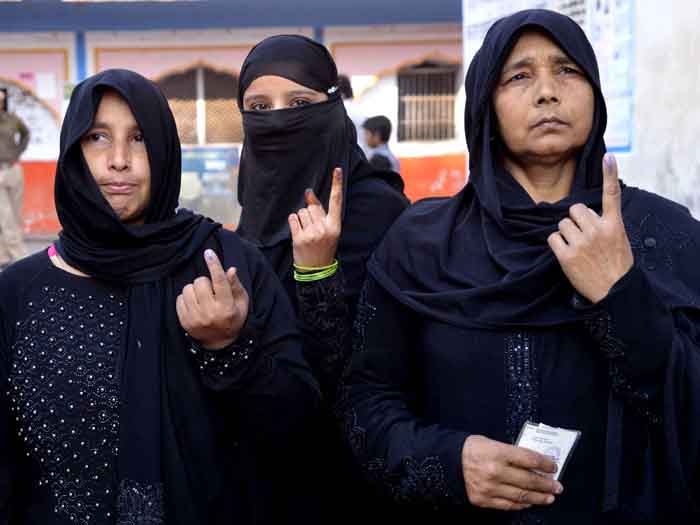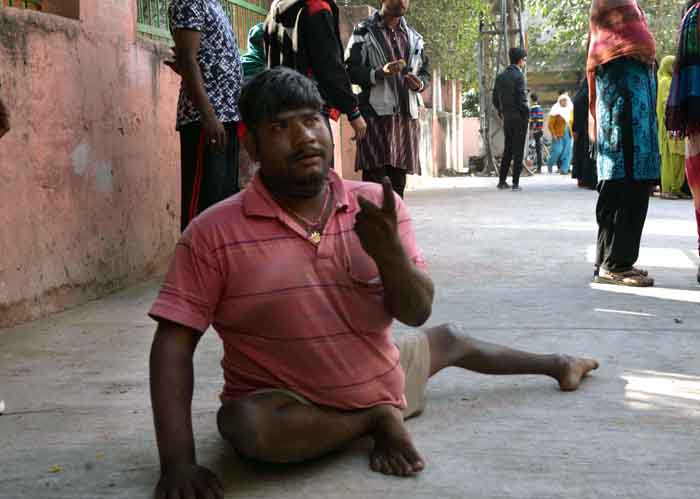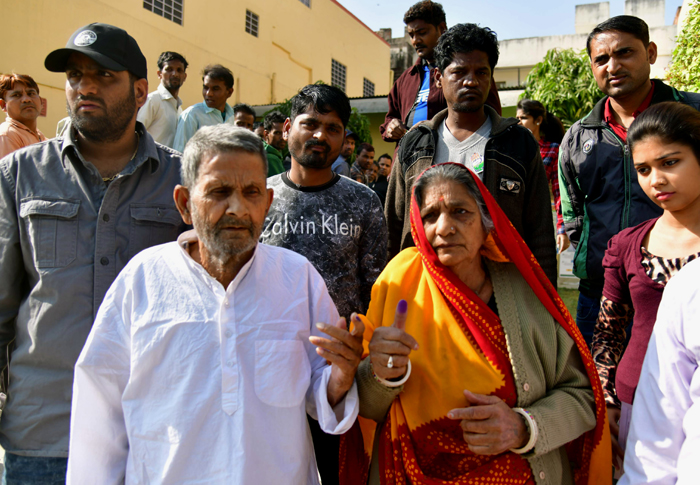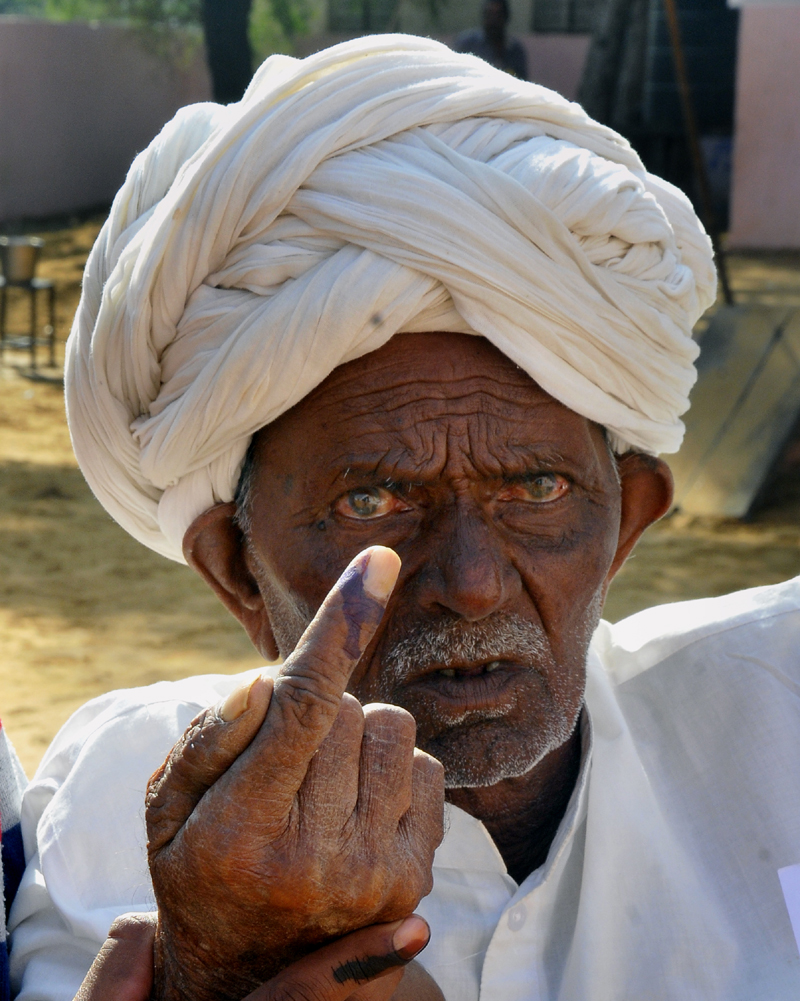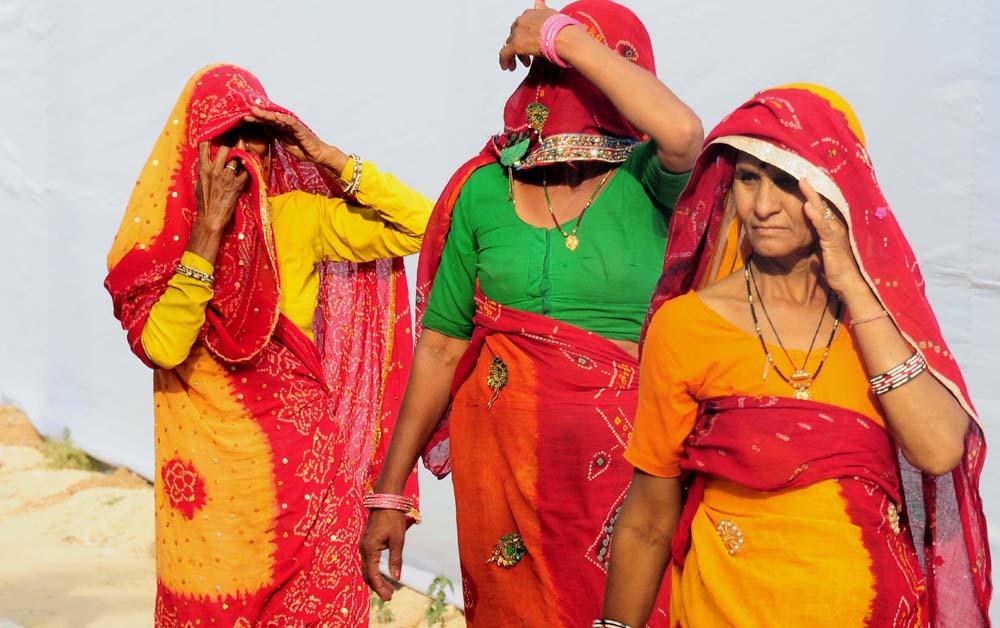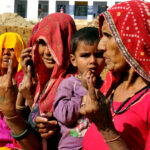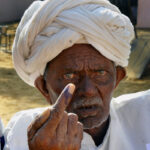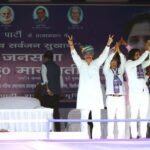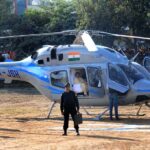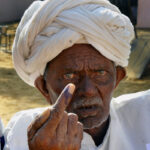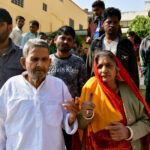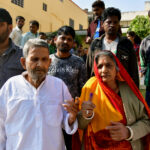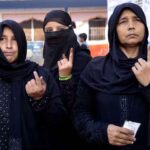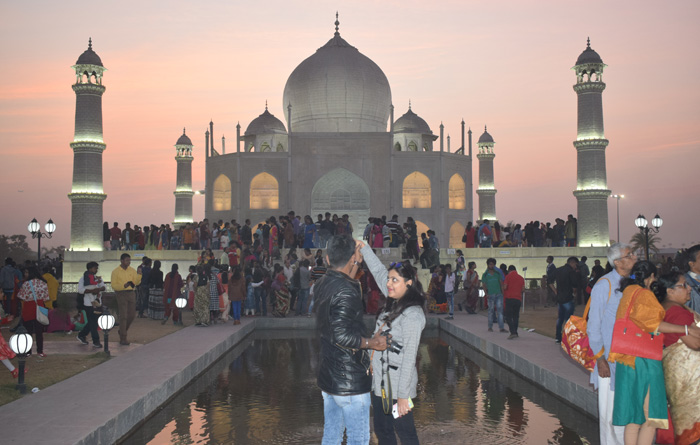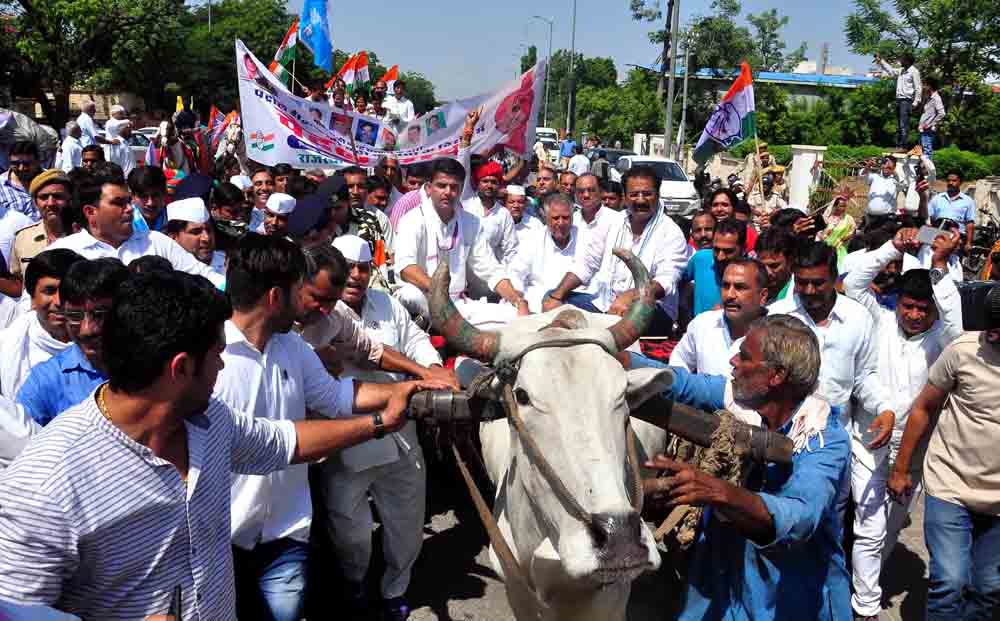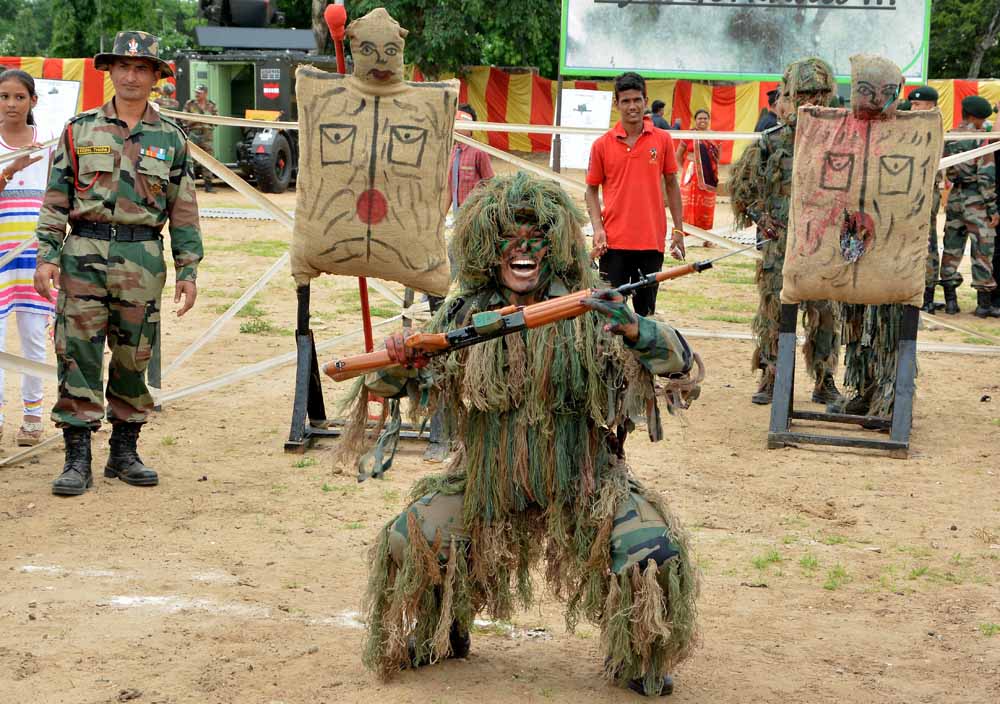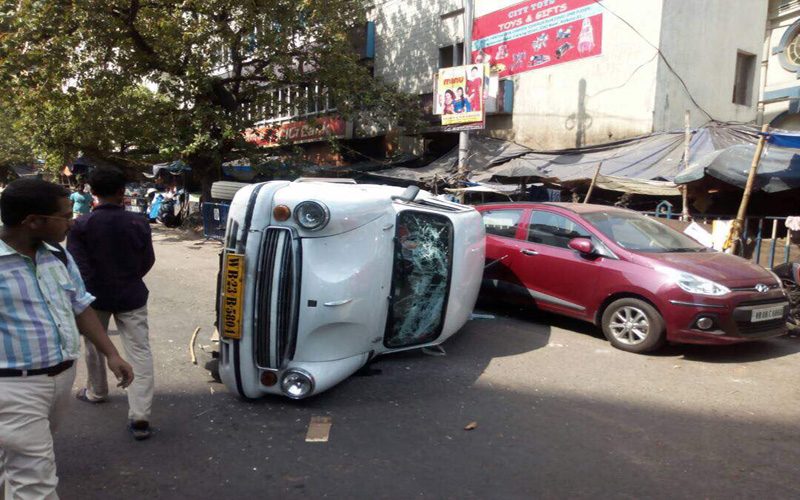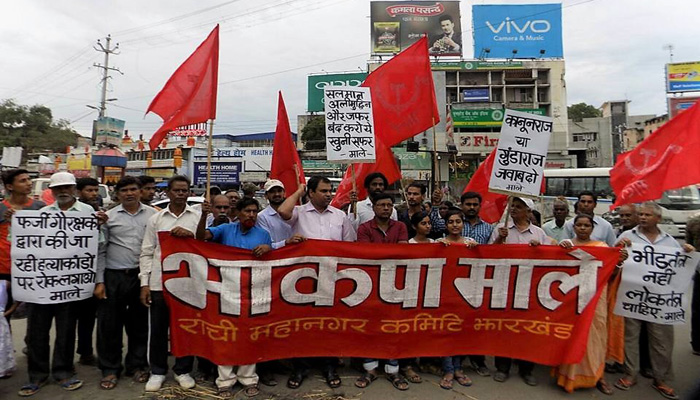In pictures, Rajasthan goes on polls
Jaipur: In 2018 Rajasthan assembly polls, people from every section of society participated in the voting day. Watch Rajasthan’s assembly polls in pictures.
eNewsroom‘s photojournalist Chandra Mohan Aloria extensively traveled many parts of state capital to bring the glimpses of democracy’s celebration for you. From women wearing burga an ghoonghat to, women carrying child to old age men, physically challenge ones, all participated to decide the fate of the politicians like Vasundhara Raje, Ashok Gehlot, Sachin Pilot and also chose their representatives in the state assembly.
The Congress and the BJP are in direct fight in the largest state of India. It has two hundred assembly constituencies. Whoever will cross 100 marks, will get majority to form government. Rajasthan assembly polls get held exactly six months before of General Election.
There is an interesting political fact in the desert state that in assembly polls, people change government every five years. But for upper house of parliament, they mostly elect the MPs from same party who get hold in assembly. The state has 25 Lok Sabha constituencies and whichever party wins the assembly, their maximum number of get elected in Lok Sabha polls too.
A voter who recently return from Pakistan also exercised his franchise and probably voting in India for the first time.


